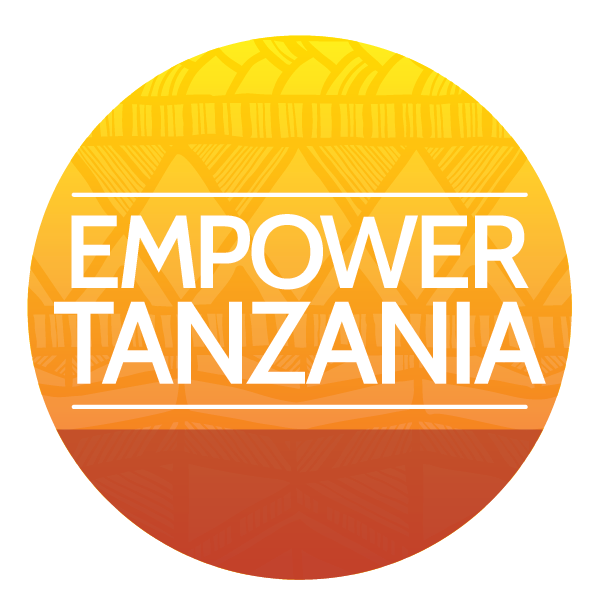Community-Hospital Alliance Program (CHAP) - Christmas in July
This blog post is part of a series that will take a closer look at our Community-Hospital Alliance Program (CHAP). In case you missed Part I or Part II, click on the links to learn ten key points about this life-changing program. The following post is written by Phil Latessa, executive director of Empower Tanzania.
It was an incredible scene, really. In a hot and sticky conference room in northeastern Tanzania, we gathered 30 Maasai women for a summer refresher course, just a year after their initial training through our Community-Hospital Alliance Program (CHAP). Already these Community Health Workers (CHWs) have served over 10,000 people in their villages. Empower Tanzania invited them once again to review basic health topics. But this time, we surprised the CHWs with a bright new program improvement.
Each woman, there in colorful clothing with babies and toddlers close by, was given an iPad preloaded with 10 videos created by Empower Tanzania to be used in the field. Using this amazing iPad technology, rural healthcare workers are better able to educate fellow community members on public health topics including safe water practices, hand washing and sanitation, nutrition, HIV/AIDS, malaria prevention, family planning, and gender-based violence.
As the iPads were distributed, the room erupted with joy and chaos—similar to what many of us have experienced on Christmas morning in the States. The women were so pleased and so intent on the equipment that a couple of toddlers screaming for attention were ignored for a few minutes—unheard of in Maasai parenting.
I have to admit that leading up to the refresher course, our team was concerned about introducing iPad technology to villages with no electricity and to health workers with no computer experience. We purchased solar chargers and rechargeable speakers to facilitate group presentations, but this technology only added to the confusing array of equipment and wires they would have to learn. Our entire Empower Tanzania delegation was enlisted to patiently show the CHWs how to turn on the iPads, enter the password, select and play a video, and view text documents.
We needn’t have worried.
Our CHWs caught on quickly and were not at all intimidated by the technology. In fact, we had to request that they stop taking pictures of one another so we could get on with the training program! At the end of the day, the CHWs took the iPads to their guest homes to practice and the next morning our carefully planned review proved totally unnecessary.
An additional 38 instructional videos on healthcare concepts and techniques, class notes, immunization schedules and normal vital sign ranges were preloaded on the iPads for the CHWs personal continuing healthcare education. The refresher training addressed these and other topics, as well as the refinement of program operational and data collection detail.
While many of us use our iPads for scrolling through Facebook or reading a novel, our CHWs will use them to access information that saves lives. We are grateful for the generous donors who provided funding for the use of this technology and are thrilled about the work that our empowered and educated CHWs are doing in rural Tanzania. Though there is much need and much work yet to be done, we’re celebrating joy and progress this summer.
Empower Tanzania is not simply providing a bandage and then heading home. Rather, through CHAP and programs like it, we are educating rural Maasai women so that they can care for the people of their community with the skill and knowledge that is theirs forever. CHAP provides EDUCATION and EMPOWERMENT. Stay tuned for Part IV of our series!





